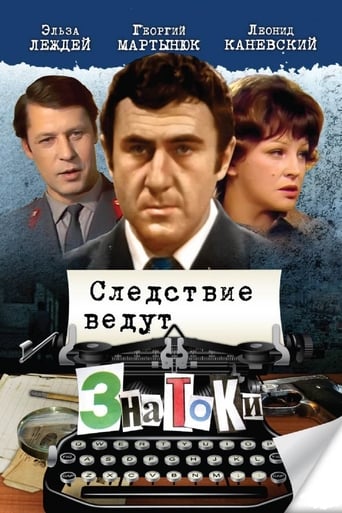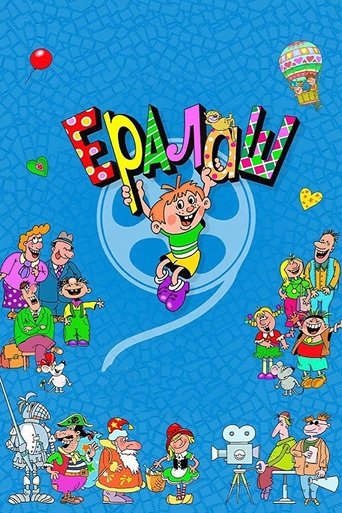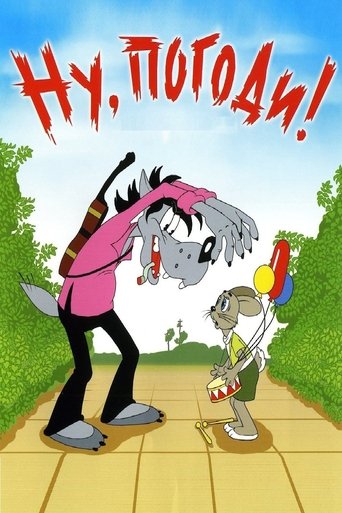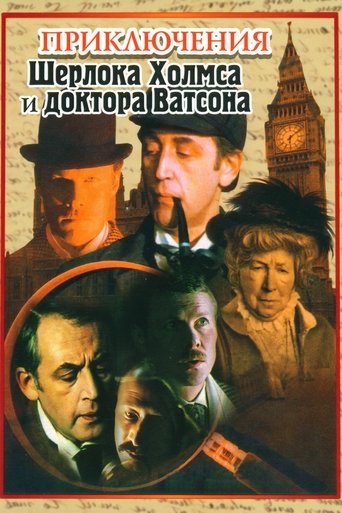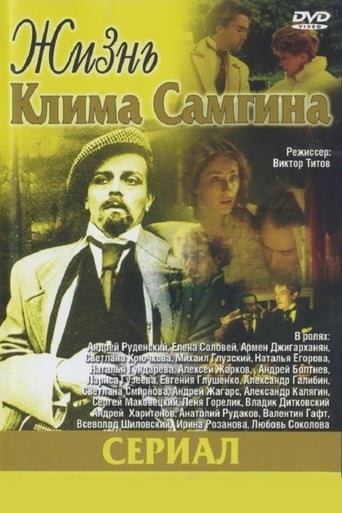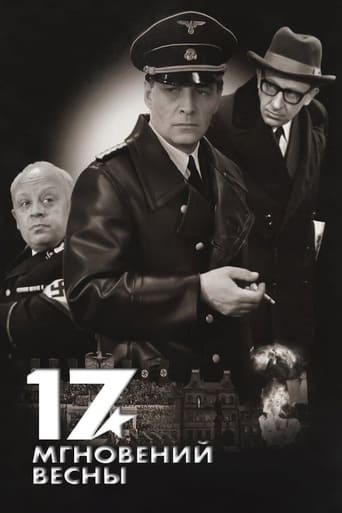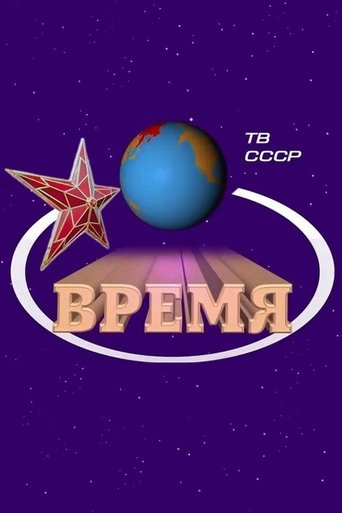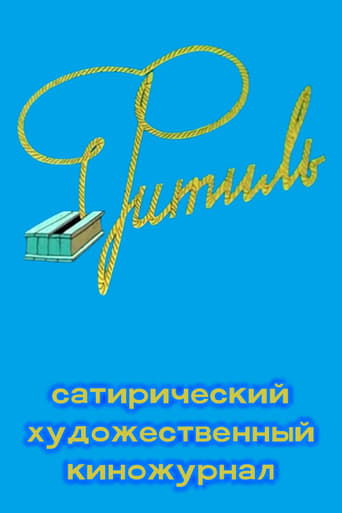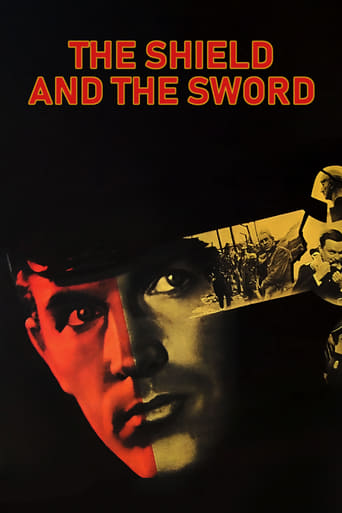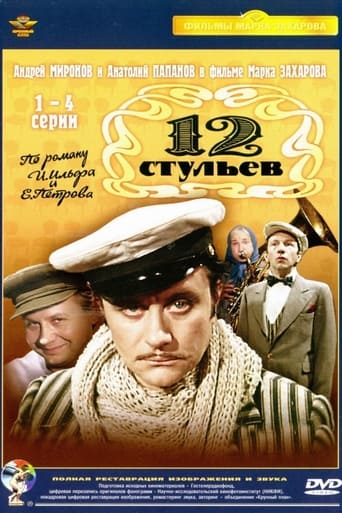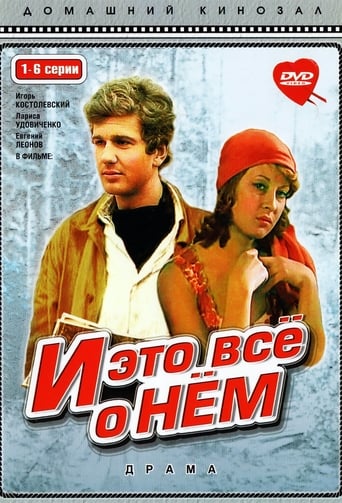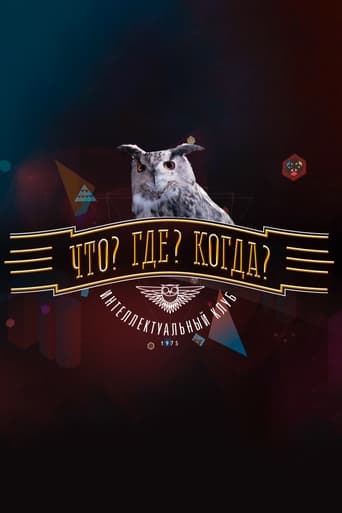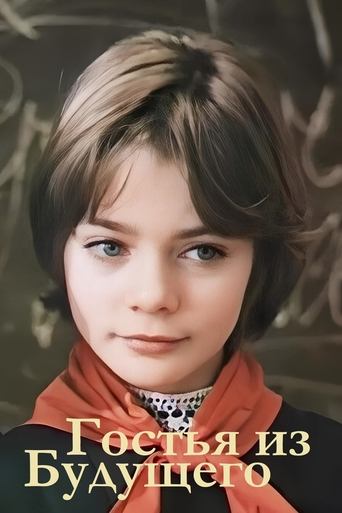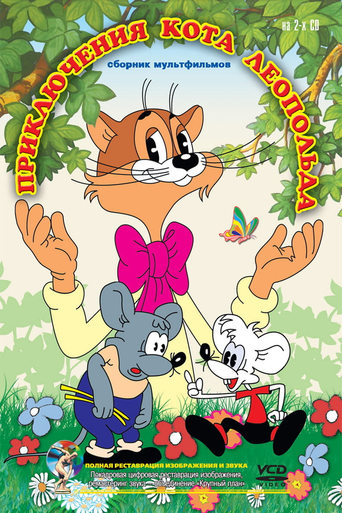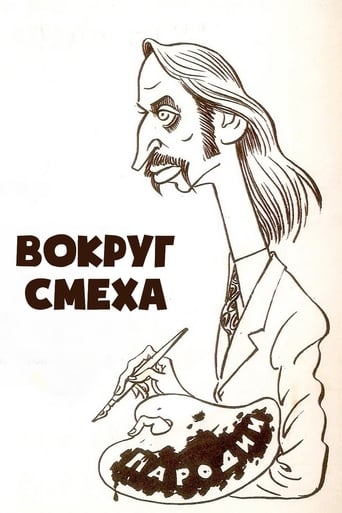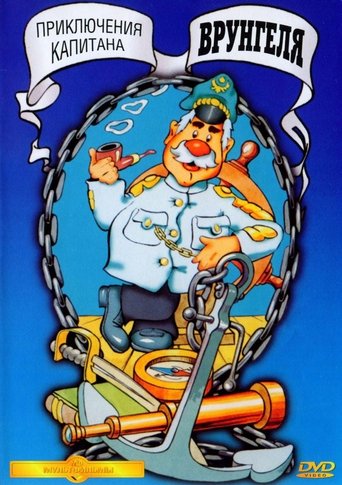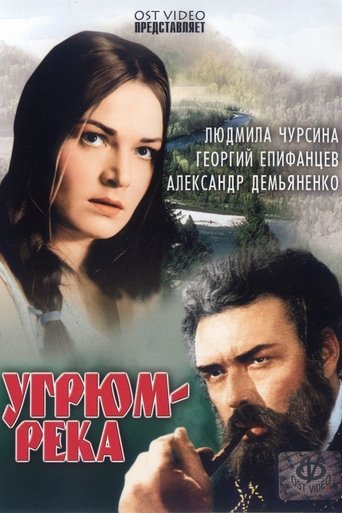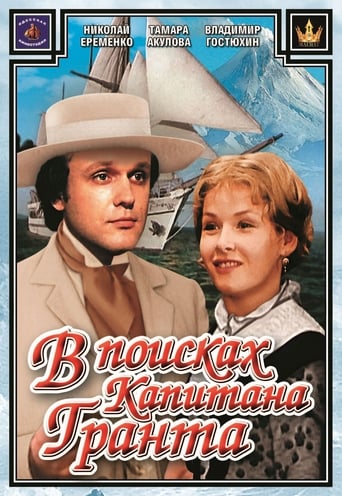Central Television USSR
KVN 1961
KVN is a Russian humour TV show and competition where teams compete by giving funny answers to questions and showing prepared sketches. The programme was first aired by the First Soviet Channel on November 8, 1961. Eleven years later, in 1972, when few programmes were being broadcast live, Soviet censors found the students' impromptu jokes offensive and anti-Soviet and banned KVN. The show was revived fourteen years later during the Perestroika era in 1986, with Alexander Maslyakov as its host. It is one of the longest-running TV programmes on Russian Television. It also has its own holiday on November 8, the birthday of the game, which KVN players celebrate every year since it was announced and widely celebrated for the first time in 2001.
Yeralash 1974
The children's humorous film magazine "Yeralash" is a one-of-a-kind work of cinematography that ironically approaches the solution of everyday problems, focusing on the views and needs of modern society, allowing different generations to achieve mutual understanding.
Nu, pogodi! 1969
Follows the comical adventures of a mischievous yet artistic wolf [Volk], trying to catch a hare [Zayats]. The series has additional characters that usually either help the hare or interfere with the wolf's plans.
The Adventures of Sherlock Holmes and Dr. Watson 1980
The Adventures of Sherlock Holmes and Dr. Watson is a series of five films produced by Lenfilm for the Soviet Central Television, split into eleven episodes, starring Vasily Livanov as Sherlock Holmes and Vitaly Solomin as Dr. Watson. They were directed by Igor Maslennikov and filmed in Russia (the then Soviet Union) between 1979 and 1986, and the series was one of the most successful in the history of Russian television.
Seventeen Moments of Spring 1973
A Soviet spy is tasked with disrupting the negotiations between Karl Wolff and Allen Dulles taking place in Switzerland, aimed at forging a separate peace between Germany and the Western Allies.
Time 1968
Фитиль (киножурнал) 1962
The Shield and the Sword 1968
The year is 1940 and Nazi Germany is at the height of its military prowess, having captured most of Europe and eyeing the Soviet Union to the East. The Russian military command suspects hostile intent from Germany and so arranges for its spies to infiltrate ranks of the German military and the SS. Alexander Belov is a Russian spy, who travels from Soviet-held Latvia to Nazi Germany under an alias of Johann Weiss. His mastery of the German language, steel nerves and an ability to manipulate others help him to use his connections in the SS to ascend the ladder of the German intelligence. He uses his position to identify sympathetic Germans, who help him to procure vital intelligence, and to help local resistance movements in their collective fight against Nazism.
The Twelve Chairs 1977
Set in late-1920s Soviet Union, Ostap Bender and Ippolit "Kisa" Vorobyaninov are after a stash of diamonds hidden in one of the chairs in 12-chair set. They are forced to go on a cross-country chase when the chairs are auctioned off.
He's All That 1978
What? Where? When? 1975
What? Where? When? is an intellectual game show well known in Russian-language media and other CIS states since mid-1970s. Today it is produced for television by TV Igra on the Russian Channel One and also exists as a competitive game played in clubs organized by the World Association of Clubs. Over 17 000 teams worldwide play sport version of game, based on the TV show.
Guest from the Future 1985
Alice Seleznyova, a girl from the future, finds herself 1984. Following her are the space pirates Krys and Joker Y, with most nasty pirate's intentions. Coming to her help is an ordinary boy, Kolya, and his friends from 6th grade. Based on Kir Bulychyov's 1077 novel "One Hundred Years Ahead."
D'Artagnan and Three Musketeers 1979
The musketeers battle against the all-powerful Cardinal Richelieu and the treacherous Milady.
Leopold the Cat 1975
Leopold the Cat is a Soviet/Russian animation series about the pacifistic, and intelligent cat, Leopold. Leopold always wears a bow tie even when swimming. He is always confronted by two mischievous mice, Grey and White. It was filmed by T/O Ekran in 1975 - 1987 and its runtime is 87 min. As of 1987, there were 11 episodes in total. Eventually, in 1995, most of the episodes were released on DVD. It was directed by Anatoly Reznikov, and the screenplay was written by Arkady Hayt. Boris Savelyev wrote the score. The cinematography was by Ernst Gaman, Igor Shkamarda, and Vladimir Milovanov. Nelli Kudrina did the sound. His catchphrase is - "Let's live in friendship, guys". The catchphrases of the mice are "Come out, Leopold!" by one and "Come out, you foul coward!" by the second.
Вокруг смеха 1978
Adventures of Captain Vrungel 1980
An old sea captain and his student decide to take part in the international regatta. At the same time an amateur thief steals a statue of Aphrodite from Louvre and boards their yacht by mistake. A long, fun adventure is ahead.
Ugryum-River 1969
Story is set in deep Russia, on a wild river in woods called "Ugrum-reka" - the Moody river. Son of a dishonest trader, Prohor Gromov wants to become his own man. He takes his fathers order and goes trough the woods to deliver the furs to the byer in the nearest town. He tries to take the shorter way and get`s lost. At the highest point of this, his fathers servant, Abdulla, who is sent with him to guard him almost shoots him driven by hunger, but comes to the senses and saves his life by continuing to go on.
In Search of Captain Grant 1985
Lord and Lady Glenarvan found a bottle in the ocean. This bottle contained a letter from Captain Grant that he and two of his sailors had survived a disaster at sea and need help. Unfortunately, the letter was damaged by water, and the latitude is known (37 degrees), but not the longitude. The Glenarvans decide to find Captain Grant.
